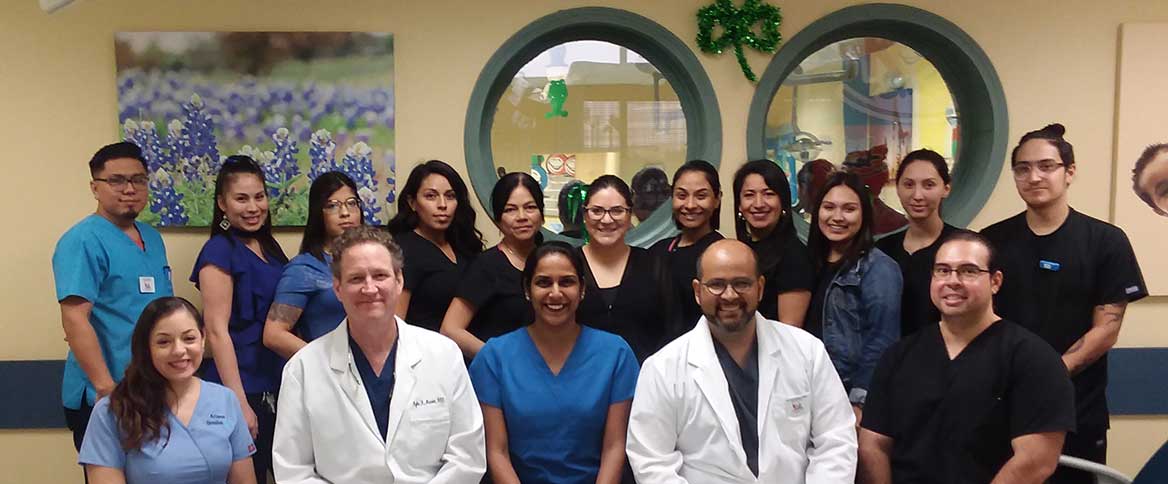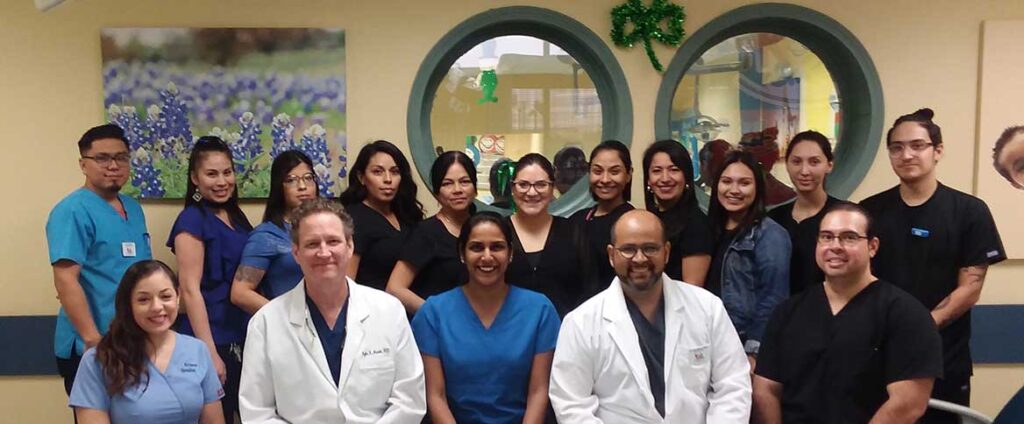Warning: Trying to access array offset on value of type bool in /data/production/benevis.com-refresh/wp-content/themes/benevis-custom/single.php on line 50

DSOs are growing in popularity because they provide business essential solutions for many dental practices. DSO stands for Dental Support (or Service) Organization. DSOs include companies that provide nonclinical support services like marketing, operations, and connect affiliated dental practices.
DSO support is welcome news for many dentists who prefer to focus on dentistry and patient care, but how does a DSO work? In this article, we’ll explore the benefits of a DSO.
How Does a DSO Work?
A DSO has a centralized infrastructure which provides administrative and operational support for multiple dental offices. Sometimes, these offices have one cohesive DSO brand. DSOs contract with dental practices or buy dental practices in order to relieve the dentist and associates of the work that’s outside normal dental services. This includes anything from insurance to marketing.
DSOs can manage an existing dental practice, help launch a new practice under their corporate umbrella, or be a resource for dental professionals and support staff to find work. Professional dentists can sell their current practice to a DSO if they would rather focus solely on patient care.
DSOs offer databases of available jobs to connect dentists and clerical staff with opportunities in their region. You can view available jobs for dentists, dental hygienists, dental assistants, and nonclinical support positions.
According to the American Dental Education Association (ADEA), 18.1% of dental students plan to work in DSOs immediately after graduation. Furthermore, over 10% of dentists are currently affiliated with a DSO based on an ADA Health Policy Institute report. DSOs have become a growing trend because they are able to significantly reduce clerical work of dentists.
Since DSOs are large networks of workers in various fields, they have consequently lowered the financial barrier of entering the profession, especially after dental school. Dentists do not have to buy into a DSO, unlike a group practice or sole proprietorship. They also do not have to spend money on marketing their practice. It is more like being employed by a dental practice, with the business taking care of marketing budgets and clerical work.
What Are the Benefits of a DSO?
A DSO can handle many operational tasks that require a level of training and business expertise that dentists may not possess. Some of the responsibilities a DSO can cover include:
- Administrative tasks and reception
- Patient scheduling
- Advertising and marketing
- IT, software, and websites
- HR
- Billing and insurance reimbursement
- Compliance
- Mentoring and educational development programs
DSOs can help dentists stay updated on emerging trends, new technology, policy changes, and compliance. As a result, dentists can focus entirely on patient care with these administrative necessities off their plate.
What to Look For in a DSO
Choosing to partner with a DSO is a big step for your career, so you need to make sure that you choose the proper organization. Some questions you want to ask about the DSO include:
- What are the company values and culture?
- What is the compensation rate?
- What kind of a benefits package is included? What are the details of the contract?
- What is the schedule and hours required?
- What professional development and advancement opportunities are available?
Is a DSO Right for You?
While some dentists may enjoy the entrepreneurial and administrative aspects of running a small business, others might find these details overwhelming, tedious, or simply too time-consuming.
However, before you sign up with a DSO, be sure to understand the contract and commitment in its entirety. Recognize that you are joining a team and will lose a certain amount of autonomy and control you would have as in independent, private practice. Do your homework and talk to other professionals.
Partnering with a Dental Service Organization is becoming an increasingly popular practice in dentistry. These larger organizations can provide dentists with significant economies of scale, opportunities, resources, and support.
To learn more about opportunities with Benevis, visit our career page.
Related Articles

What to Expect When Selling a Dental Practice
Posted on: November 24, 2021
Did you become a dentist with the idea of caring for patients instead of running a business? Or are you looking to retire after a long career in dentistry? Any of those scenarios could have you thinking of selling your dental practice to a dental service organization (DSO).

What Is the Cost of Starting a Dental Practice?
Posted on: November 11, 2021
The cost of starting a dental practice is a big adventure, financially and logistically. Any business comes with upfront costs. Dental practices are no different.

What Are the Benefits of Joining a DSO (Dental Service Organization)?
Posted on: November 5, 2021
A Dental Service Organization (DSO) manages the administrative tasks needed to run a dental practice. While dentists take care of their patients daily, a DSO can run several behind-the-scenes tasks to take care of the business end of the practice.
